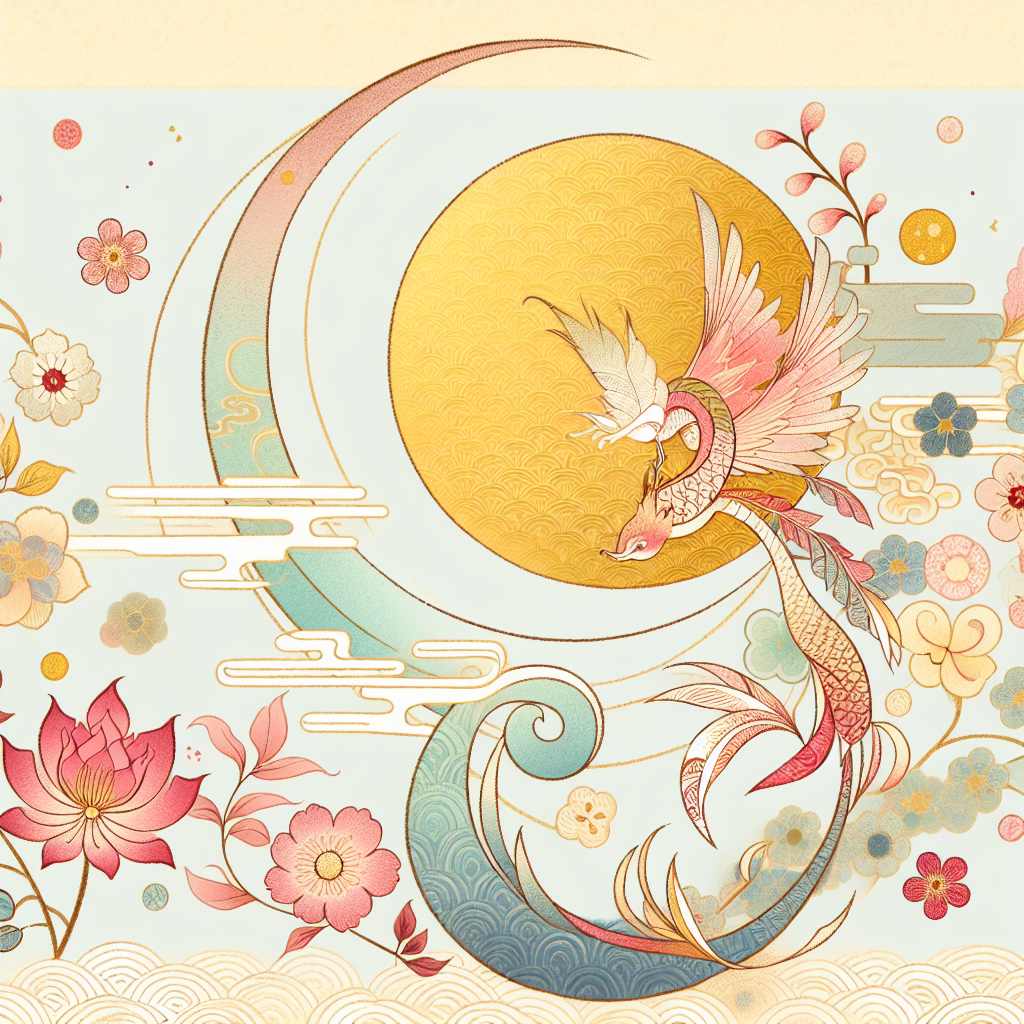The Timeless Elegance of Japanese Manners: A Cultural Treasure
Japanese culture holds the exquisite value of manners and etiquette, which play a vital role in daily interactions. Beyond their delicate beauty, these customs resonate with profound cultural significance, making them a prized treasure worldwide. This article delves into the importance of Japanese manners and the rich cultural context that envelops them.
Understanding the Basics of Japanese Manners
To appreciate Japanese manners, it is essential to grasp the foundational concept of “wa” (和), which embodies harmony and peace. This ethos underscores the importance of consideration and empathy toward others in Japanese society. Consequently, showing respect for elders and ensuring that others do not feel uncomfortable are highly valued principles.
For instance, greetings like “ohayou gozaimasu” (おはようございます) and “konnichiwa” (こんにちは) convey respect towards the person being addressed. The act of bowing itself serves as a crucial expression of reverence. Thus, manners in Japan extend beyond mere formality; they reflect a genuine sentiment of thoughtfulness and care for others.
Manners in Everyday Life
In daily life, manners are ubiquitous in Japan. On public transportation, for instance, the expectation is to maintain a quiet demeanor, and mobile phones should be set to silent mode. This practice illustrates the consideration afforded to those around us. Additionally, standing in line while waiting for trains or buses is a common courtesy, epitomizing the importance of adhering to societal norms.
Another notable aspect is dining etiquette. Pre-meal expressions like “itadakimasu” (いただきます) and post-meal phrases such as “gochisousama deshita” (ごちそうさまでした) express gratitude toward the preparers of the meal and the ingredients themselves. Furthermore, the proper use of chopsticks is guided by various rules, emphasizing the significance of adhering to these customs to fully appreciate Japanese culinary culture.
Manners in Special Occasions
During significant events such as weddings and funerals, Japanese manners play an essential role. At weddings, guests are expected to behave with humility while celebrating the new beginnings of the couple. Conversely, at funerals, individuals don somber attire and reflect respectfully in memory of the departed. These behaviors are reflections of one’s responsibility within society and the respect owed to the newlyweds or the deceased.
Additionally, the practice of gift-giving is a unique component of Japanese manners. Rituals such as ochugen (お中元) and oseibo (お歳暮) epitomize the culture of expressing gratitude and nurturing relationships. The thoughtfulness embedded in these gifts highlights a profound cultural richness that characterizes Japan.
The Impact of Japanese Manners
Japanese manners and etiquette foster smooth interpersonal relationships and maintain societal harmony. When these customs are embraced, they cultivate an environment of mutual consideration and compassion, laying the groundwork for a better society.
Moreover, the appeal of Japanese manners and culture extends to foreign tourists and newly arrived residents in Japan. This adaptation not only helps introduce Japan’s traditions to a global audience but also instills a sense of pride among Japanese people regarding their cultural heritage. Japanese manners facilitate international exchanges and enhance understanding between different cultures.
Conclusion
Japanese manners are far more than mere formalities. They encapsulate a spirit of thoughtfulness and a commitment to societal harmony. Their beauty and intricacy resonate across borders, positioning them as a true cultural treasure. By understanding and valuing these customs, individuals can foster better relationships and contribute to the creation of a more enriching society. The enduring legacy of Japanese manners, passed down through generations, represents a valuable cultural inheritance that continues to thrive.
Embrace the elegance of Japanese manners and integrate this timeless wisdom into your life for a richer and more compassionate existence.


